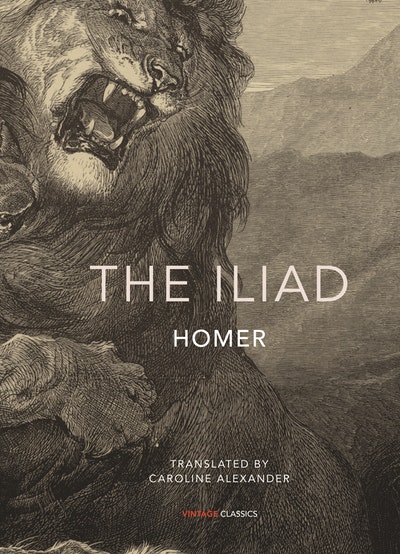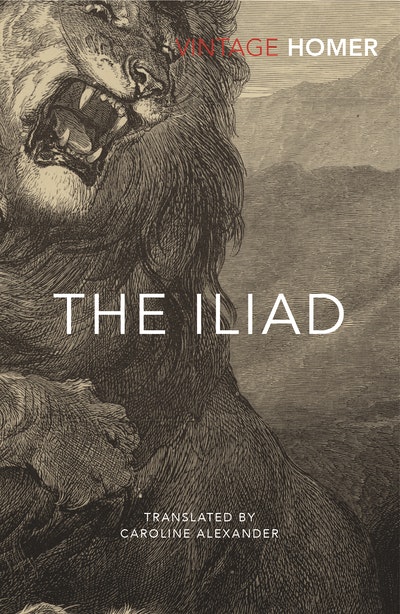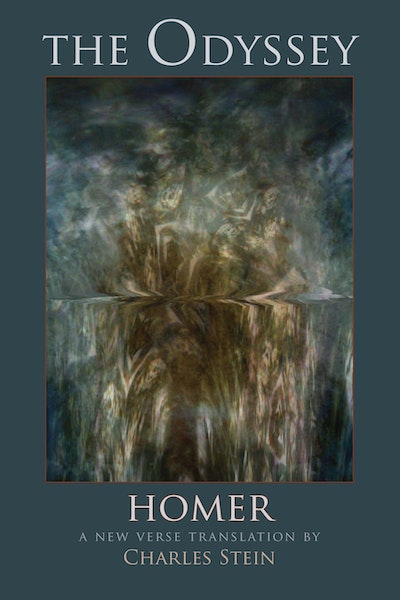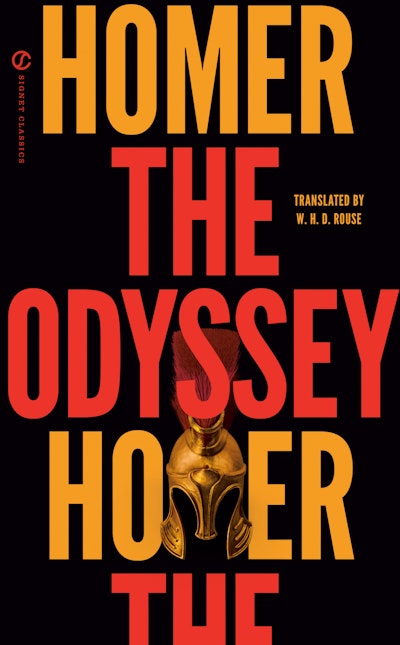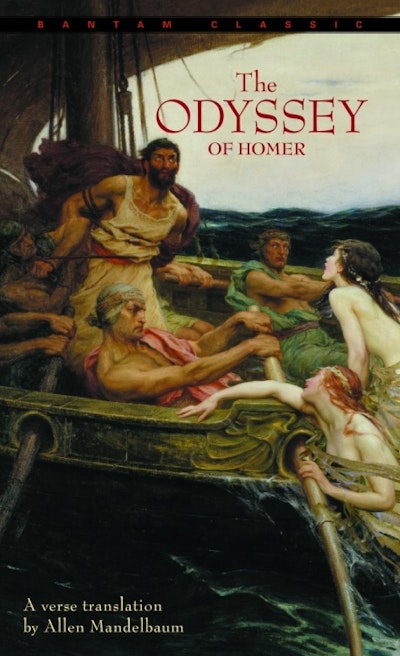The Iliad
- Published: 4 February 2016
- ISBN: 9781473522749
- Imprint: Vintage Digital
- Format: EBook
- Pages: 608
Virtuoso
New York Review of Books
The Homeric Iliad originates from a rich tradition of performing song. It was meant to be heard. True to the living word of the original Greek, Caroline Alexander’s new translation invites us to engage directly with this tradition. When I read her verses I can almost hear the music of Homeric performance.
Professor Gregory Nagy, Professor of Classical Greek Literarture, Harvard University
Caroline Alexander's Iliad is miraculous. It has the rhythms and even the lineation of the original Homeric text. Its language conveys the precise meaning of the Greek in a sinewy yet propulsive style that drives the reader inexorably forward. In my judgement, this new translation is far superior to the familiar and admired work of Lattimore, Fitzgerald and Fagles
G.W. Bowersock, Institute for Advanced Study, Princeton
Caroline Alexander has done admirably in rendering the meaning of the Homeric text faithfully and suitably dignified language. The format gives a genuine sense of reading a verse epic. Her line-numbers match the Greek, which will make this version convenient for use by college teachers and students
Martin West, Emeritus Fellow of All Souls College, Oxford
This powerful and readable version of the Iliad is modern without sacrificing the accuracy, energy, or the seriousness of the original. It is a toss-up between Alexander’s translation and Lattimore’s version
Library Journal
There is an epic poise to this new translation, whose varied line lengths ebb and flow with the tides of battle… Translucent, readable and recitable.
A.E. Stallings, Spectator
Of the many new translations of Homer’s poem that have come out in the past two or three years, perhaps the most highly readable is Caroline Alexander’s. Thought to be the first woman to have Englished the poem, Alexander embraces Matthew Arnold’s four essential Homeric qualities: rapidity, plainness of style, simplicity of ideas and nobility of manner, in lines that ebb and flow with the tide of battle. The book wears its learning lightly, the introduction pitching the Iliad as the ultimate anti-war poem.
Times Literary Supplement
